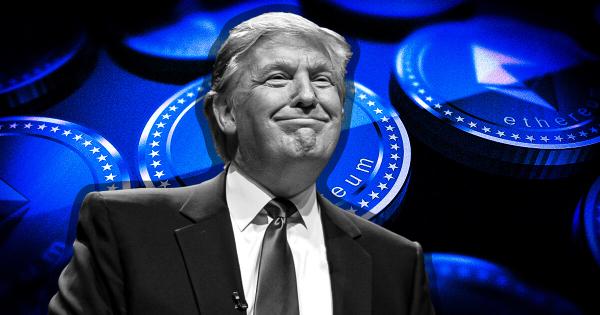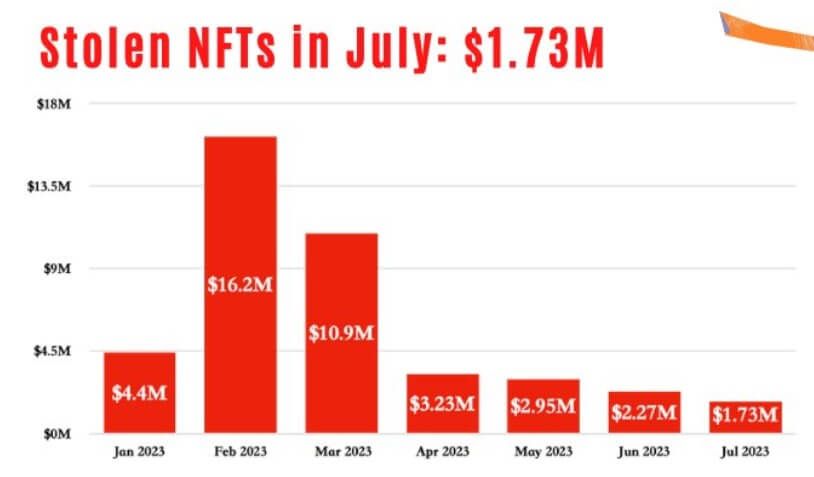Mark Cuban slams OpenSea’s optional NFT royalties as industry misstep

Billionaire investor Mark Cuban criticized OpenSea’s decision to make royalties payment on non-fungible tokens (NFT) optional, describing it as a “HUGE MISTAKE” that would hurt the industry and diminish trust, according to an Aug. 18 tweet.
NFT royalties
On Aug. 17, OpenSea stated that it would stop enforcing creator royalty fees on secondary sales by the end of this month.
Usually, NFT creators receive royalties with every sale of their assets on platforms like OpenSea. These royalties, capped at 10% on OpenSea, vary across marketplaces; LooksRare and SudoSwap, for instance, offer the option for creators to choose their royalty model.
The marketplace decision to make royalties voluntary came after it had lost market share to competitors like Blur, which introduced optional royalty payments and other trading incentives to draw more users to its platform.
OpenSea’s NFT trading volume dropped to less than 25% from a peak of more than 90% within a year, according to Dune analytics data. The marketplace has been trying to regain dominance by introducing new measures to attract more users.
Cuban argues for royalties
Cuban described OpenSea’s latest decision on royalties as a desperate move, arguing that it was misguided.
In his view, the major problem was enforcing royalties across all NFT marketplaces, which should be fixed. But he disagreed that optional royalty was the way forward.
“The optional royalty approach kills future applications that go far beyond collectibles. Which is where the most money will be,” he added.
Cuban is an investor in OpenSea.
Meanwhile, some users pointed out that OpenSea had no choice if it wanted to maintain its relevance in the industry.
Sheetfu, the CDO of the dominant NFT marketplace on the Solana (SOL) network MagicEden, opined that this was a problem with the tech and that the solution should be at the protocol level. According to him, creators should be allowed to use different ways to enforce royalties.





